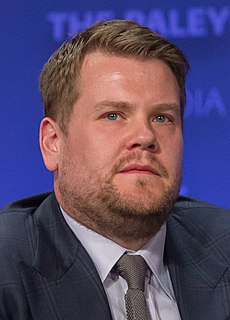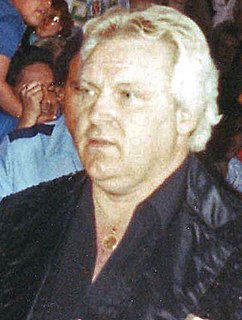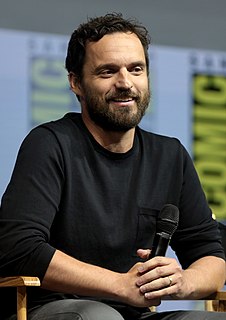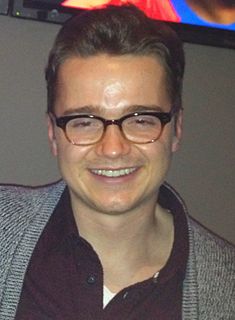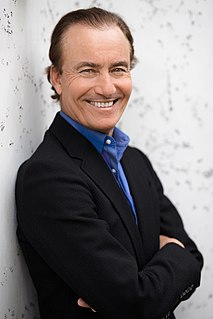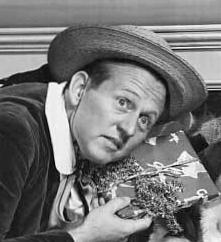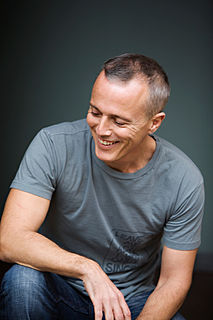A Quote by Ted Kooser
My colleagues knew I was writing poems. I never hid it from them. I don't think they ever thought I was cheating on them. So, I think they probably saw it as being rather peculiar, that I was doing that sort of thing, but nobody ever suggested I shouldn't be doing it. I think that would be different on Madison Avenue or Wall Street, where you're really expected to be doing 110 percent for the company.
Related Quotes
I mean, you can't make anything without making mistakes, is the truth, and I'm very grateful for those misses that I've had in my career at home, because you learn so much more from them than you ever do from the hits. You learn that you really have to work hard, which I wasn't really doing at that time. You sort of think 'I've cracked it, I'm doing it.'And you start to think perhaps you're more of a dude than you really are.
Keats's odes are among my favorite poems ever. As are Neruda's. So yes, I think my poems are odes, though I really just see those titles as ways of more or less orienting the poem. I've never thought about this until now, but I guess you could say that one effect of all the titles, their pervasiveness in the book, might be to once again, as so many other things do, put into question the meaning of the word "for," which I suppose is one of the great human questions: what is all this for? Why, and for whom, are we doing whatever we are doing?
When I was in high school, my parents had this power over me - if I ever lied or got caught doing something that I shouldn't be doing, then I would no longer be able to go to LA and continue to pursue the acting thing. So that was this sort of looming thing they could had over me that just sort of really kept me in check throughout those formative years where you would typically be lying and doing bad stuff.
And during the campaign of 1936, she writes that she and her brother would always rather be out doing things when they're sick, rather than take to their beds. And I think Eleanor Roosevelt always responded to pain by doing more, by doing something, by being active. And I think she just couldn't bear to look at her childhood grief. And she didn't.



